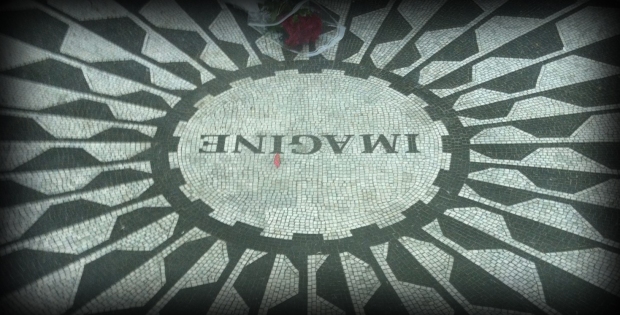“You never get a second chance to make a first impression.”
Some attribute this axiom to Oscar Wilde. Others give Will Rogers the credit. We may never know who said it first but humans have been surviving on first impressions since at least 400,000 years ago (about the time Cousin Neanderthal thought they had a better idea about how to play the game). A rapidly made assessment of potential threats is one of the few instincts we have not modernly worked to repress.

Also lost to history is whether the earliest true homo sapiens believed they were something greater than other animals. Our evolved conceit, however, suggests a test. If we’re special what proof have we?
The short list is: the opposable thumb, tool use, language, and the domestication of fire. Well, the front paw of the koala has two opposable digits so we’re beat there. Lower primates make and use tools; some species of birds and fish do as well. Strike two.
In May of this year, Gavagai AB – a language technology company based in Stockholm – announced that they plan to use AI to decipher the language of dolphins. Four years from now they may have more to say than, “So long, and thanks for all the fish.”
That leaves the domestication of fire and, while still quite impressive is says more about the flame than it does of us. If it is what distinguishes us from beasts and we one day discover we’re not alone in that distinction – what then?
Without being pejorative of them most animals can be described as governed by stimulus and response. With this in mind it is our reasoning that sets us apart (if we must be apart). The first impression instinct can guard us from harm but it is not infallible.
I know my share of people who’ve seemed intelligent at first and later demonstrated themselves to be foolish or ignorant – sometimes dangerously so. Everyone does. Fortunately, I’ve met and learned to appreciate a number of folk who I did not initially think I would want to know.
More dramatically, about two weeks ago a moving car hit me. I had enough time to realize an impact was unavoidable and my last thought before it occurred was something akin to, “Redistribute the momentum.” After that I did not start thinking again until I was picking myself up off the road. I attribute walking away from the accident with nothing more than four lacerations and an abrasion or two to a conscious shift to unconscious impulse.
I’m all in and all in favor of instincts.
First impressions, when instinctually based, are a useful tool provided by evolution. Our capacity for reason utilized when we are safe is one of the faculties that can differentiate us from the Animal Kingdom. After the fact of any potential danger, rather than accepting the dictates of any instinct or stimulus/response we should consider what wisdom the experience may provide. If there was in fact no danger we should not adopt an oppositional view.
We always have a second chance to evaluate a first impression. If the impetus for a point of view is just a gut feeling and we go with that alone we haven’t participated in making that first impression at all. It’s out of our much-vaunted hands, thumbs included.
An instinct may give us reason to form an impression. Our rationale should decide what form it takes. Let other figure their own out but we each have the opportunity, in every moment, to make of our own first impressions whatever we need them to be – as tools. Domesticating them should be easier than making and tending a fire.
☄



 In another century, we would probably recognize humans by our definition of the species and culture. That’s only five generations from now — the great great grandchildren of Jane and John Q. Public. People from one millennium past are, all things considered, not that different from us. Would cyber- and/or wetware actually change the contents or just the packing material?
In another century, we would probably recognize humans by our definition of the species and culture. That’s only five generations from now — the great great grandchildren of Jane and John Q. Public. People from one millennium past are, all things considered, not that different from us. Would cyber- and/or wetware actually change the contents or just the packing material?